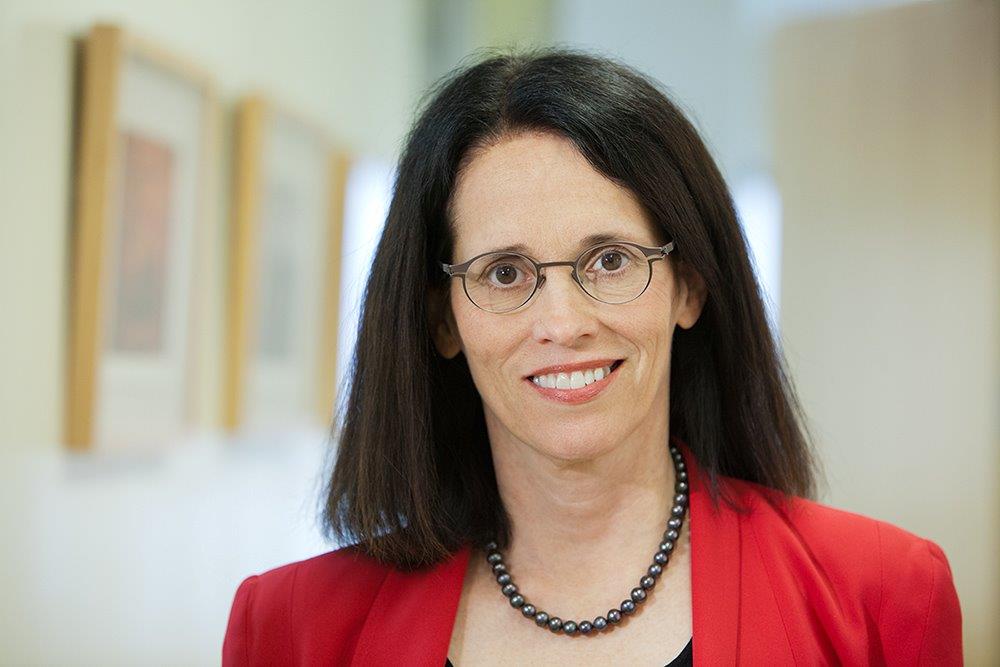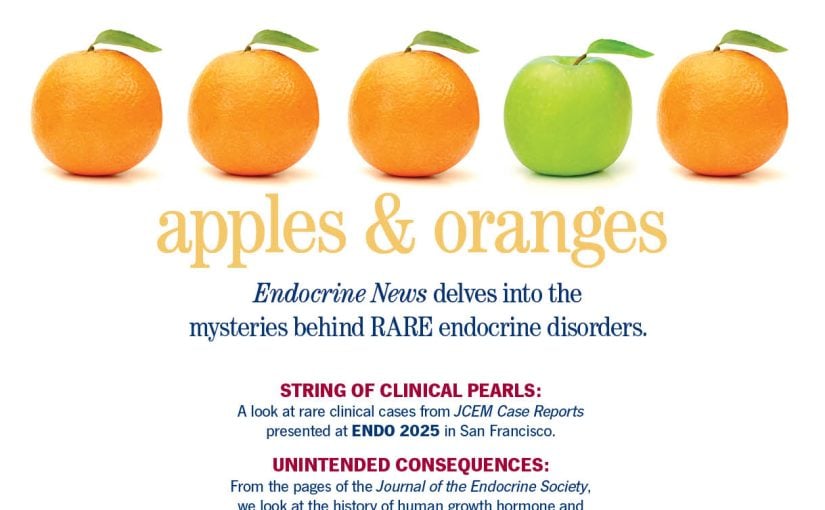
Outstanding Public Service Award
Anne L. Peters, MD
Anne Peters is nominated for decades-long service to the care of under privileged populations, through both her professional activities as a physician, her writings, educational activities, and as a volunteer.
Anne has consistently sought to raise up all those around her, irrespective of their socioeconomic status. These endeavors have included the education and training of minority and disadvantaged students, devoting time to providing healthcare in specialized clinics devoted to treatment of at-risk marginal populations, and volunteering in family medicine clinics and for Big Brothers/Big Sisters in the community.
“Being a part of the Endocrine Society has helped my career in many ways. Over the years the Society has become increasingly invested in diabetes as a subset of endocrinology and has been instrumental in working on advocacy for people with diabetes. Through the Endocrine Society I have been involved in multiple initiatives to improve the lives of people with diabetes, as well as participating on guideline writing committees to educate clinicians. I have been part of numerous programs to teach clinicians more about diabetes management. Finally, the Endocrine Society has strongly supported the role of women in the workplace and helped to combat some of the barriers women face.”
Anne has integrated her strong desire to help underserved populations by integrating this theme into her research priorities and focusing on community-based participatory research for children and adults with diabetes and obesity in underserved areas. As but one recent example, her current funded research includes a study — Specialized Technology Education for Patients and Providers – Tools for Continuous Glucose Monitoring (STEPP-To-CGM) — that is designed to create a lower literacy, culturally and language appropriate approach to teach pediatric and adult patients considering or starting on insulin pens, pumps, and continuous glucose monitors to improve glycemic outcomes.
Her funded research programs have consistently included grants and projects designed to understand how best to transfer technology and advances in care to underserved communities and socioeconomically disadvantaged populations with special needs and challenges. These research activities have spanned decades and extended to education, cooking, transportation, cross cultural awareness, and implementation of new technologies in the face of multiple socioeconomic barriers.
Finally, Anne has bravely led much of the challenge to sexism in medicine, willingly describing her experiences battling abusive behavior in both the clinic and professional circles, and serving as a role model for all women who face barriers, from microaggression to blatant harassment, sexism, and discrimination, in the workplace.

